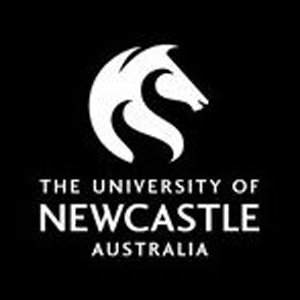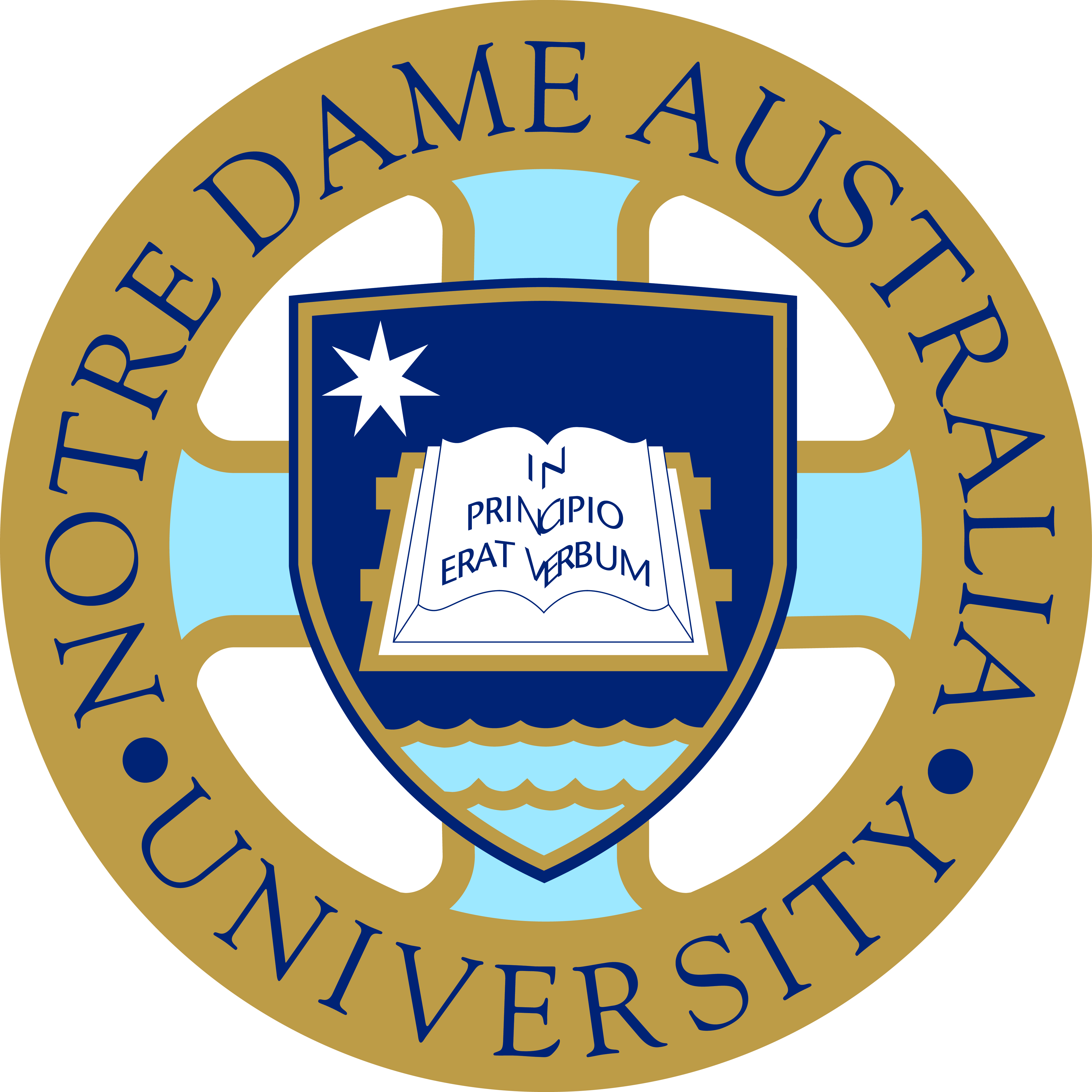Refine results
Level of study
Location
Study Mode
Field of study

Bachelor of Media and Communication (Honours)
- Hobart | Also at 1 other campus
- 1 years full-time
Bachelor of Communication (Media) 2.5 years
- Melbourne City | Also at 1 other campus
- 2.5 years full-time
- ATAR: 68.35 or above

Bachelor of Media and Communication (Honours)
- NUspace
- 1 years full-time
Bachelor of Media and Communication (Honours)
- Melbourne City
- 1 years full-time

Bachelor of Media and Communication
- Crawley
- 3 years full-time

Bachelor of Business / Bachelor of Media and Communication
- NUspace
- 4 years full-time

Bachelor of Communications and Media
- Fremantle | Also at 1 other campus
- 3 years full-time
- ATAR: 70 or above

Bachelor of Media and Communication / Bachelor of Laws (Honours)
- NUspace
- 5 years full-time

Bachelor of Media and Communications (Honours)
- Online Campus | Also at 1 other campus
- 1 years online/off-campus

Bachelor of Media and Communication and Bachelor of Arts
- Crawley
- 4 years full-time